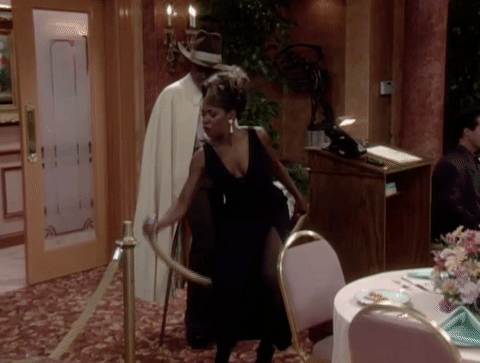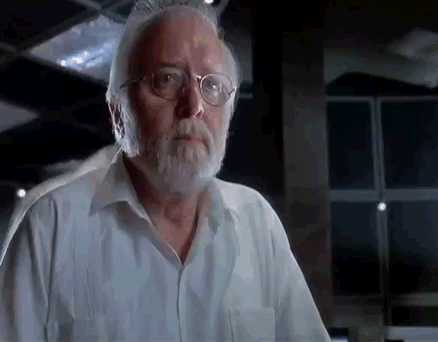10 Words You Use Every Day (That Were Invented By Shakespeare)
Written by Ashleigh Gardner
December 5, 2016
Everybody knows William Shakespeare was the ultimate wordsmith. Over three dozen plays and 154 sonnets are attributed to his name. But did you know that he’s also responsible for creating over 1,700 words we used today? Most words were used as another part of speech before Shakespeare used them (torture was only a noun prior to Shakespeare’s use of it as a verb), but words like “puke” and “dwindle” are special among these for their pure originality.
1. rant

rant (verb) – to speak or shout at length about something in a passionate manner
First used in Hamlet, Act V, Scene i when Hamlet says, “Nay, an thou’lt mouth, / I’ll rant as well as thou.”
2. bump

bump (noun) – a protuberance on a level surface
First used in Romeo and Juliet, Act I, Scene iii when the Nurse says, “And yet, I warrant, it had upon its brow / A bump as big as a young cockerel’s stone;”
3. swagger

swagger (verb) – a confident and arrogant gait or manner of walking
First used in A Midsummer Night’s Dream, Act III, Scene i when Puck says, “What hempen home-spuns have we swaggering here, / So near the cradle of the fairy queen?”
4. puke

puke (verb) – to vomit
First used in As You Like It, Act II, Scene vii when Jaques says. “At first the infant, / Mewling and puking in the nurse’s arms.”
5. dwindle

dwindle (verb) – to diminish gradually in strength, size, or amount
First used in Henry IV, Part 1, Act III, Scene iii when Falstaff says, “Bardolph, am I not fallen away vilely since this last / action? do I not bate? do I not dwindle?”
6. hint

hint (noun) – an opportunity, a moment, or a chance
First used in Othello, Act I, Scene iii Othello says, “It was my hint to speak,–such was the process;”
7. lonely

lonely (adj.) – sad because of a lack of companionship
First used in Coriolanus, Act IV, Scene i when Coriolanus says, “though I go alone, / Like to a lonely dragon, that his fen / Makes fear’d and talk’d of more than seen”
8. obscene

obscene (adj.) – offensive or disgusting based on accepted standards of morality or decency
First used in Love’s Labours Lost, Act I, Scene i when Fernindand reads a letter that says, “Then for the place where; where, I mean, I did encounter that obscene and preposterous event”
9. torture

torture (verb) – to inflict severe pain upon someone
First used in Henry VI, Part 2, Act II, Scene i when Simpcox says, “Alas, master, I am not able to stand alone: / You go about to torture me in vain.”
10. addiction

addiction (noun) – the condition of being overly-dependent upon something
First used in Henry V, Prologue when Canterbury says, “Which is a wonder how his grace should glean it, / Since his addiction was to courses vain,”
Looking for more articles like this? Check out our other stories below!
- The 12 Shakespeare Characters You Meet in High School
- Top 10 Shakespeare Movie Adaptations
- You Know You’re a Shakespearean Actor When…
